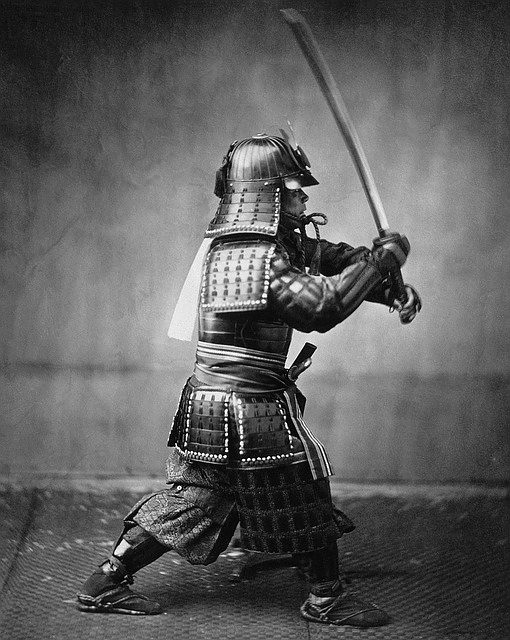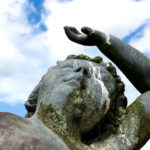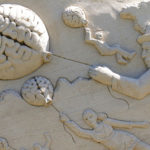The Key to Mastery
According to a Samurai
The key to mastery, according to a samurai? If you ask 17th century samurai turned 18th century Zen Buddhist monk Yamamoto Jōchō, the reluctant source* of Hagakure (The Book of the Samurai), anyone can master anything.
But to do that, you have to do this.


More Tao du Jour:
(Photos courtesy of Pixabay)

“Nothing is impossible. There is nothing that cannot be achieved. Effortlessly moving heaven and earth can be accomplished through sheer single-minded determination.”
[But] “a man’s fecklessness prevents him from making up his mind.”
“It is spineless to think you cannot outdo a maestro after watching or listening to him. A maestro is also but a human being, as are you. If you consider in what way you are inferior and make your mind up to study the art, then you are ready to master it, too.”
-Excerpts retrieved from sections 116 and 143 of Hagakure, translated by Alexander Bennett
*I say “reluctant” because Yamamoto Jōchō, the Zen Buddhist monk whose words grace the Hagakure, asked that its scribe, his confidant of seven years, Tashiro Tsuramoto, “burn the text upon completion to prevent it from getting into the hands of those who could never appreciate it for the spirit in which it was written.”

The key to mastery, according to a samurai? If you ask 17th century samurai turned 18th century Zen Buddhist monk Yamamoto Jōchō, the reluctant source* of Hagakure (The Book of the Samurai), anyone can master anything.
But to do that, you have to do this.

(Photos courtesy of Pixabay)
“Nothing is impossible. There is nothing that cannot be achieved. Effortlessly moving heaven and earth can be accomplished through sheer single-minded determination.”
[But] “a man’s fecklessness prevents him from making up his mind.”
“It is spineless to think you cannot outdo a maestro after watching or listening to him. A maestro is also but a human being, as are you. If you consider in what way you are inferior and make your mind up to study the art, then you are ready to master it, too.”
-Excerpts retrieved from sections 116 and 143 of Hagakure, translated by Alexander Bennett

(Photos courtesy of Pixabay)
*I say “reluctant” because Yamamoto Jōchō, the Zen Buddhist monk whose words grace the Hagakure, asked that its scribe, his confidant of seven years, Tashiro Tsuramoto, “burn the text upon completion to prevent it from getting into the hands of those who could never appreciate it for the spirit in which it was written.”










